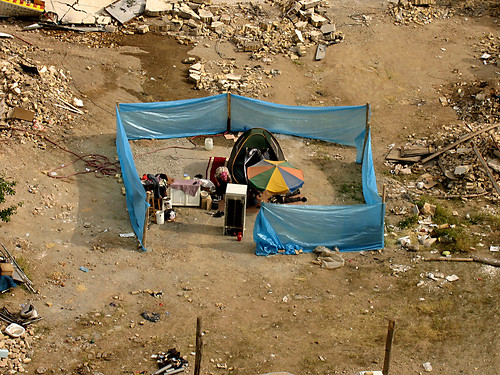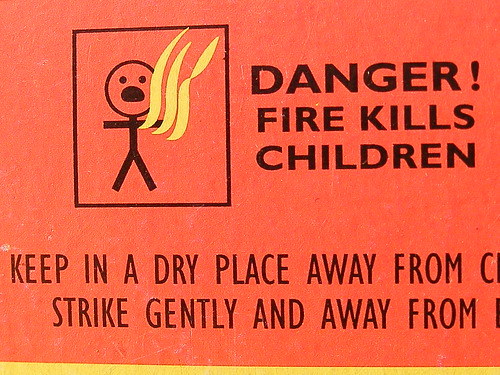"Dear Colleague
Problem - Are you unable to attend the AMEE 2010 Conference due to funding issues, time constraints or travel problems?
Solution - The AMEE 2010 Conference will be available Live Online.
Join key conference sessions live online:
get the best seat in the house without leaving your home or office and take part in the plenary presentations by international experts, on your own or with your colleagues, through webstreaming. Comment or submit questions by texting or phoning. A theme of the conference is the future of medical education from an international perspective. If the time is not suitable, join a transmission of the session later in the day.
meet the plenary speakers along with the other online conference participants, following the plenary presentations in a dedicated interactive question and answer sessions. All you need is a broadband connection. If you have a webcam and microphone you will also be seen and heard when you ask a question or comment.
participate, through webstreaming, in conference symposia on important topics including updates in medical education, team-based learning, self-assessment, research in medical education, medical education in the 21st C, the future doctor and the future curriculum. Comment or submit questions by texting or phoning.
access an on-demand recording of a review of 7 years of AMEE Fringe sessions highlighting some of the most innovative and somewhat different ideas about medical education.
access an on-demand recording of the final Spotlight sessions where six speakers highlight key take-home messages from the conference, in particular relating to the new learning technologies, research in medical education, interprofessional education, undergraduate education, postgraduate and continuing education and a student perspective
access online abstracts of the 450 short communications and 600 posters.
access recordings of the sessions to watch at your leisure if you can’t participate live.
Perhaps not as good as being there in person but certainly the next best thing. Join online and hear about and share key developments taking place in medical education.
Please look at the programme for the online conference to see the exciting range of contributions and topics covered at http://www.amee.org/index.asp?lm=129
Enrol for AMEE 2010 live online at www.amee.org for only £99. This entitles you to one login with the sessions viewed by an individual or multiple users at one computer.
Participants registering by 22nd August will be entered into a draw for a free registration for AMEE 2011 in Vienna"






